Community Feature
Community Engagement and Compensation: Reducing Barriers to Community Voice
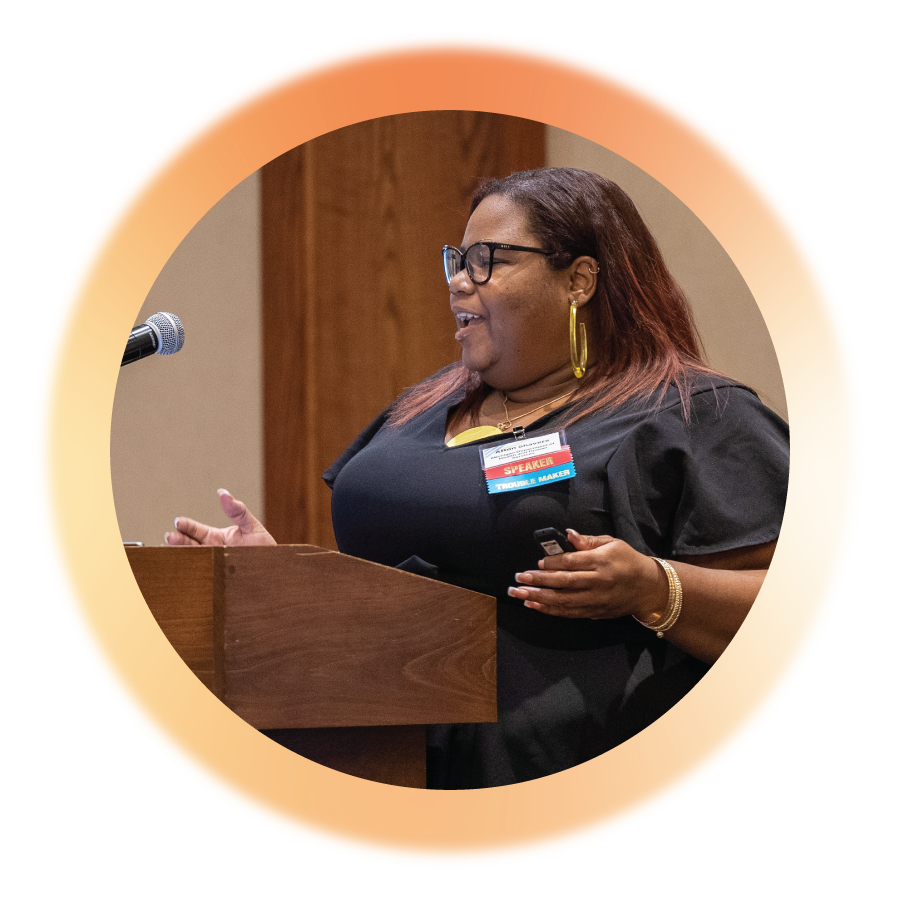
The Michigan Health Endowment Fund (Health Fund) encourages organizations seeking grant support to develop community engagement strategies that ensure people with lived experiences who are closest to health issues are part of creating solutions.
This focus cuts across all Health Fund grant programs with added emphasis in its Community Health Impact initiative, which supports community-driven work that includes intended beneficiaries in the design and implementation of projects.
To support this work, the Health Fund offers tools to help grant applicants prepare effective community engagement strategies. For example, a 2024 blog post shared successful Community Health Impact projects and the common practices that brought community voice into those efforts — along with an engagement planning tool to help organizations replicate that success.
Reflecting on compensation for community input
But Health Fund staff say plans to engage community voice only go so far: organizations also must consider and address barriers community members might face in engaging, including the significant cost of their time.
“When we speak with applicants, we often ask: ‘As you’re thinking about planning for community engagement, are you also planning how to compensate those community members for the expertise they’re providing?’” said Veronica Marchese, program officer for Community Health & Capacity Building.
To promote awareness among partners about the need for community compensation, the Health Fund published another blog post in the fall of 2024, spotlighting a nonprofit partner that has shown leadership in putting these principles into action.
The blog features the community compensation framework developed by KConnect, which includes a recommended minimum hourly wage of $35.41 — determined using ALICE data — for community members participating in focus groups and committees. KConnect’s framework also recommends offering child care and refreshments for those participating in community conversations, along with other recommendations.
KConnect makes the framework freely available for download, providing an accessible example for other organizations to develop their own roadmap to supporting community engagement.

Veronica Marchese
Program Officer
Community Health & Capacity Building
“We like how clear and actionable the KConnect framework is, but by communicating to organizations about it through our post, we didn’t necessarily want to force them into a box to use it,” said Marchese. “Whether they use this tool, a different one, or build their own approach, we believe that community members deserve compensation for their time, effort and knowledge.”
After the Health Fund highlighted the tool in its blog, Marchese heard from applicants saying they appreciated the tool as a way to ensure that their compensation practices were fair, transparent and consistent with their community-driven approaches.
Honoring local knowledge
As a place-based foundation serving the entire state, Neel Hajra, the chief executive officer at the Health Fund said they rely on grantees to serve as their conduit to authentic community engagement.
“We have to leverage the practices of others and appreciate that they are critical parts of getting that community voice to us,” Hajra said.
In the midst of promoting these practices among grantees, the Health Fund also updated their own internal compensation practices, including offering nonprofits and community members:
- Honoraria to present at conferences at the request of the Health Fund or contribute to their communication projects.
- Reimbursements for travel to attend Health Fund convenings.
- Stipends to contribute to focus groups, application reviews and other time-intensive feedback processes.
For Hajra, these shifts were about being explicit in stating how they value fair community compensation and examining their own practices to “walk the talk.”
“It’s not just us; we recognize that many people have been talking about this for a while, and we’ve learned from others as well,” Hajra said. “We have to continually be asking ourselves: How do we reduce all these barriers? Can we be proactive in reminding organizations we want to fund these efforts rather than making them approach us with what could feel like an uncomfortable ask?”
Hajra shared that he understands how such practices can impact the expense structure of foundations, but emphasized that supporting community engagement is “mission critical.”
“There’s not a funder out there who doesn’t acknowledge the importance of community voice. The problem is that it’s often an unfunded mandate. And I think it’s really important that if you’re going to ask for it, you should support it in some way. This actually gets to the heart of the work,” Hajra said.
Want more?
Read the Health Fund’s Community Engagement Toolkit.
Explore The Health Fund’s Community Engagement Resources.
Read the blog: Exploring Compensation Models for Community Expertise.
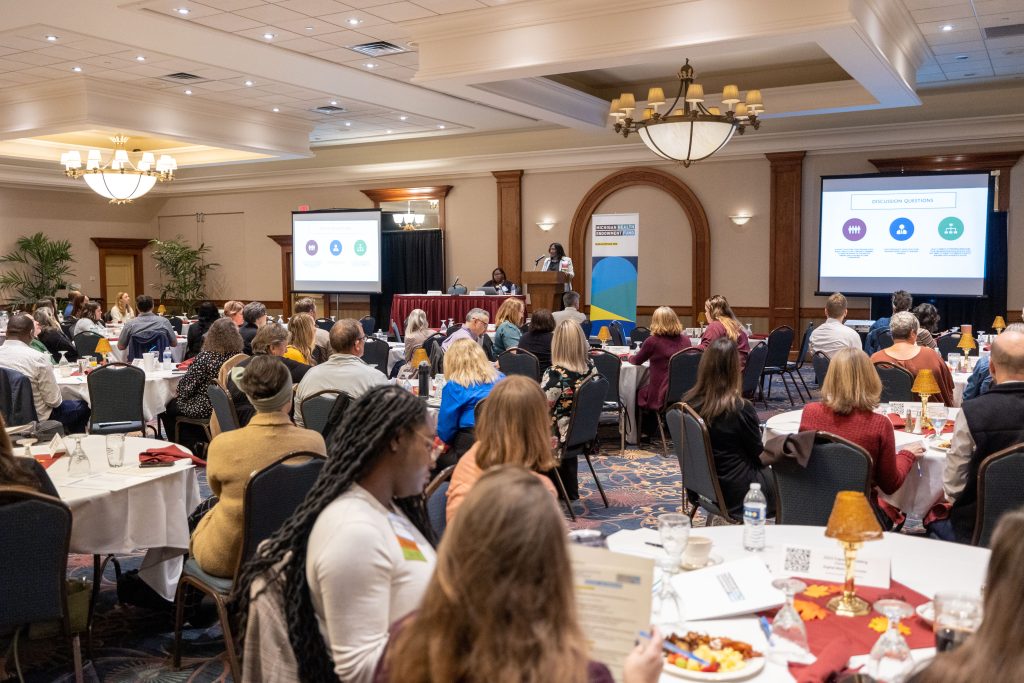
The Health Fund’s Capacity Building Conference | Photos by Chris Amos
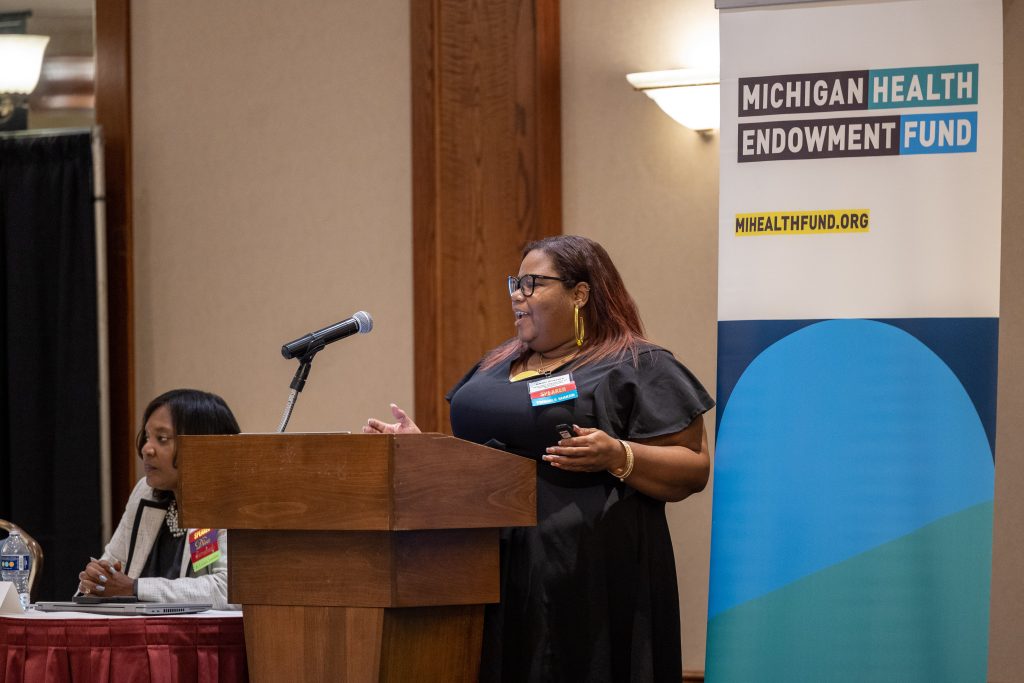
The Health Fund’s Capacity Building Conference | Photos by Chris Amos
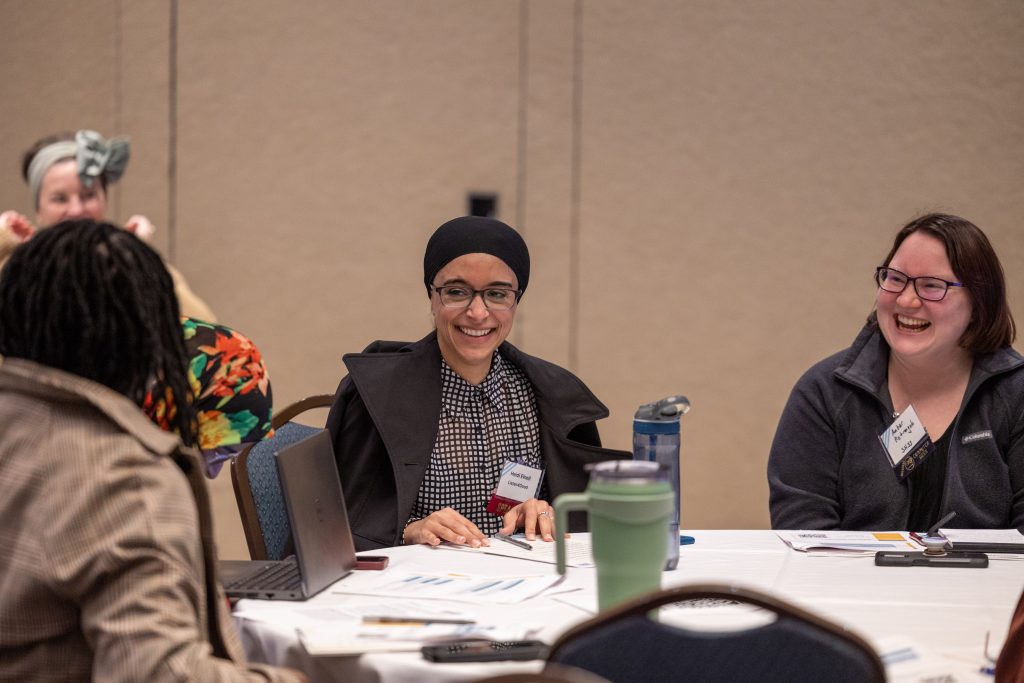
The Health Fund’s Capacity Building Conference | Photos by Chris Amos
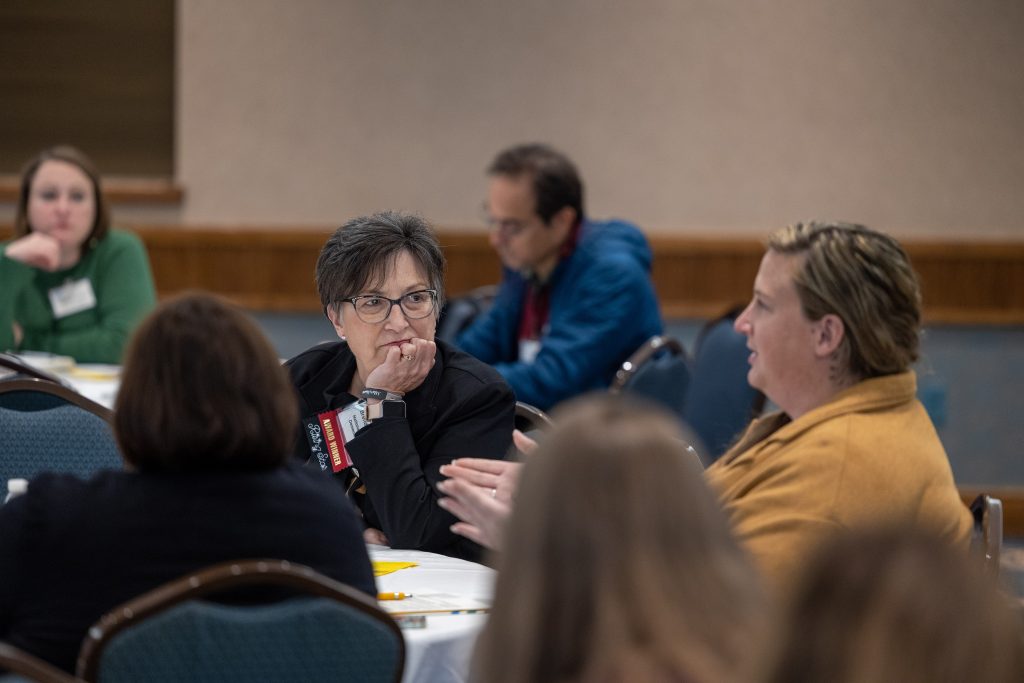
The Health Fund’s Capacity Building Conference | Photos by Chris Amos